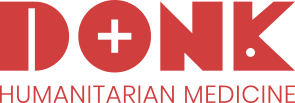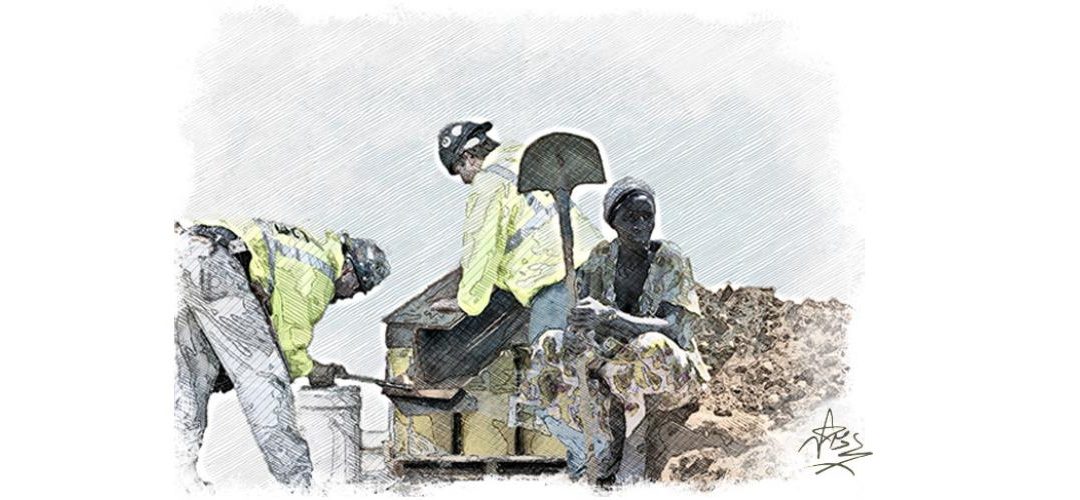Today is the World Day of Social Justice (UN resolution 62/10 26 November 2007) which aims to underline the commitments undertaken by the United Nations and the global community fot the promotion of inclusive economic systems, based on justice and equity and respectful democratic values of participation, transparency and responsibility.
The attention of the 2022 edition is placed on promoting the transition from informal to formal employment as a necessary condition to reduce poverty and inequality, promote decent work, increase productivity and business sustainability.
Official data, in fact, report that 60% of the world’s employed population (ie 2 billion women, men and young people) earn their living in the informal economy. With this term, starting from the seventies in reference to developing countries, we mean production and sales experiences that are located outside the market and its rules, those transactions of goods and services not included in the national accounts, which therefore do not have a salary as a counterpart (for example goods produced within the family for self-consumption and large sectors such as those of the voluntary sector). In particular, the reference in to the digital divide, which has also worsened due to the pandemic emergency, to the importance of providing decent work opportunities and protecting work and human rights in the area of digital technologies.
Illustrazione di Sadek Ahmed da sito ONU

